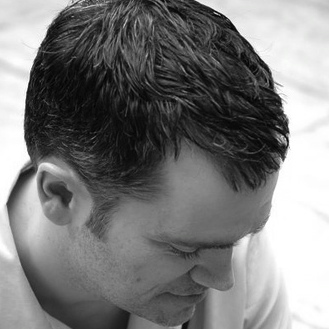
Last week I saw the new production of this 1989 Athol Fugard play at Signature Theatre in New York. As theater "My Children! My Africa!" is beautifully constructed, enjoys a breathtaking production, and should not be missed, but it is much more than the sum of its two acts. In the short clip at the top the playwright describes the weighty dilemma posed to those who resisted Apartheid, and, by implication, to those who resist injustice anywhere. Excerpts of it are available at Google Books.
My partner James Wagner lived in South Africa for a bit in the mid-1970s and he introduced me to Fugard's art. While the author's works illuminate the trials of an entire people they are generally intimate dramas, tied to a very specific environment and time. My Children! is different from all the others, for it is built on a more universal theme. The three-character play opens during a student debate in a town in 1980s South Africa, but it's Fugard's own internal debate, and the act of faith which followed it
This act of faith underlies all my work in theatre … that putting words on paper is a valid form of action that goes home with the audience.
The choice is described by the character Mr. M, a teacher in an all-black "Bantu" school, as that between the rock and the word: How does one give young people enough hope, along with the tools to educate themselves, to be able to confront the injustices they face with intelligence, to avoid making the decision that violence is their only option?
Mr. M's most promising student, Thami, has begun to slip away from him. He has gradually become seduced by the idea of violent revolt, and considers his teacher an Uncle Tom -- a collaborator with the Apartheid system of education. In their last conversation the teacher tells him:
Stones and petrol bombs can't get inside those armored cars. Words can. They can do something even more devastating than that … they can get inside the heads of those inside the armored cars.The story is a South African story, but the dichotomy it dramatizes is not confined to Apartheid-era South Africa: The Arab Spring, the Indignados in Spain along with their counterparts elsewhere in Europe — including the recent "dilemma protests" in Russia, and the Occupy movement everywhere are only the latest, fertile environments ripe for its critical representation; and they are all continuing witness to the genius and generosity of the art Fugard created in the midst of appalling events.
Aside from its beauties as theater, what I like about My Children! My Africa! is the way it so powerfully exhibits both an intimate and a universal scale; the fact that it provokes big questions; and the grace with which the artist, who has himself witnessed so much violence, is able to address profound moral issues in his art without hitting anyone over the head.
© 2012 News.me Inc